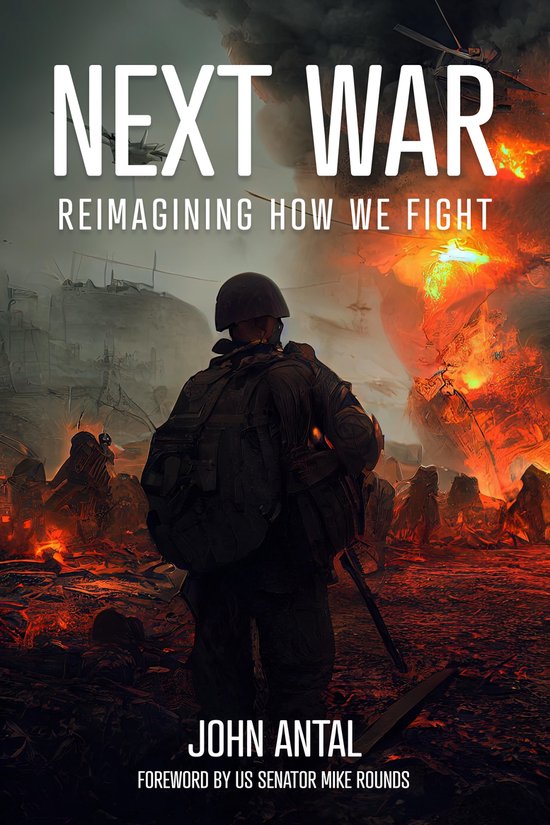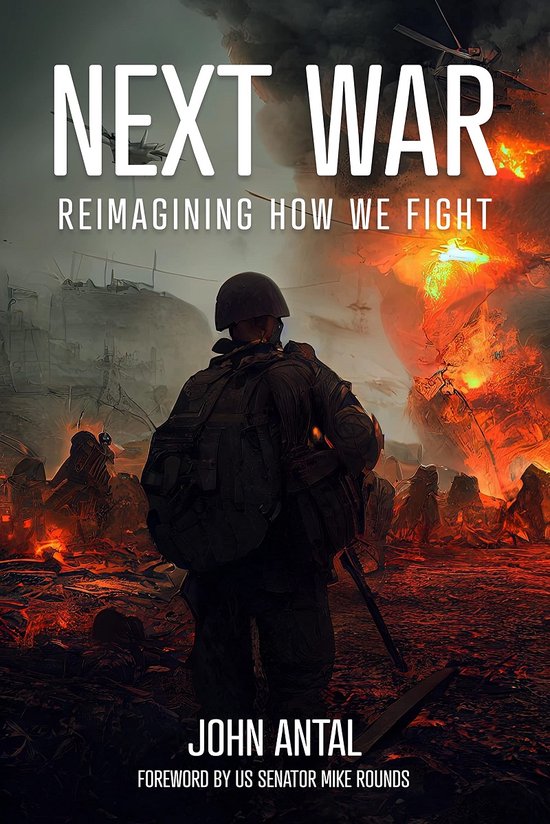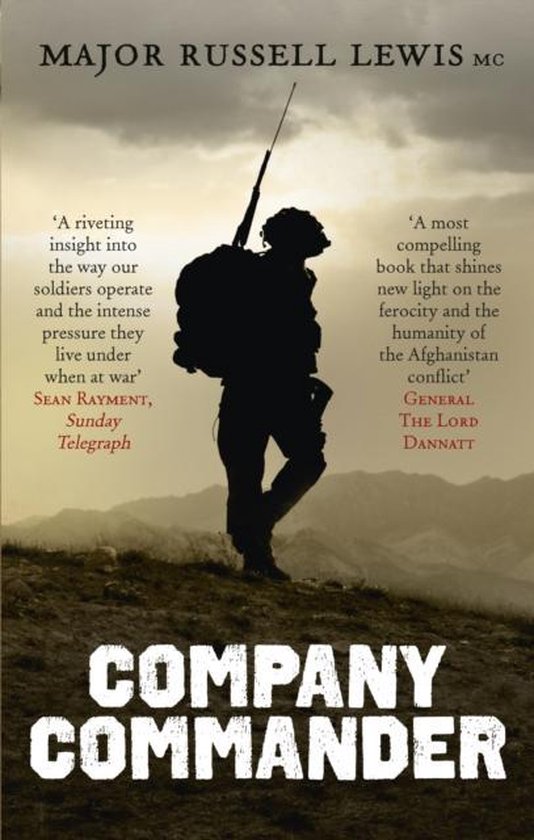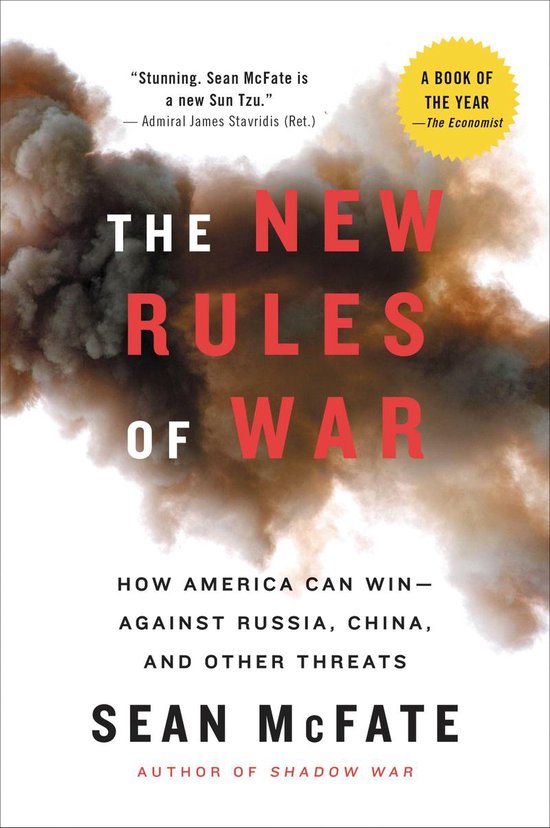
Next War
"...a useful addition to the literature of the changing character of war. Its scoping and focus, and its application of the identified disruptors to current challenges offer immediate insights for today’s commanders and defence policymakers." — The Wavell Room
The nature of war is constant change. We live in an era of exponential technological acceleration which is transforming how wars are waged. Today, the battlespace is transparent; multi-domain sensors can see anything, and long-range precision fire can target everything that is observed. Autonomous weapons can be unleashed into the battlespace and attack any target from above, hitting the weakest point of tanks and armored vehicles. The velocity of war is hyper-fast.
Battle shock is the operational, informational, and organizational paralysis induced by the rapid convergence of key disrupters in the battlespace. It occurs when the tempo of operations is so fast, and the means so overwhelming, that the enemy cannot think, decide, or act in time. Hit with too many attacks in multiple domains, all occurring simultaneously, the enemy is paralyzed. In short, the keys to decisive victory in war is to generate battle shock.
Imagine a peer fight against Communist China, a new war in Europe against a resurgent Russia, or a conflict against Iran in the Middle East. How can our forces survive an enemy-first strike in these circumstances? Can we adapt to the ever-accelerating tempo of war?
Will our forces be able to mask from enemy sensors? How will leaders execute command and control in a degraded communications environment? Will our command posts survive? Will our commanders see and understand what is happening in order to plan, decide, and act in real time? This book addresses these tough questions and more.
| Auteur | | John F Antal |
| Taal | | Engels |
| Type | | E-book |
| Categorie | | Mens & Maatschappij |




